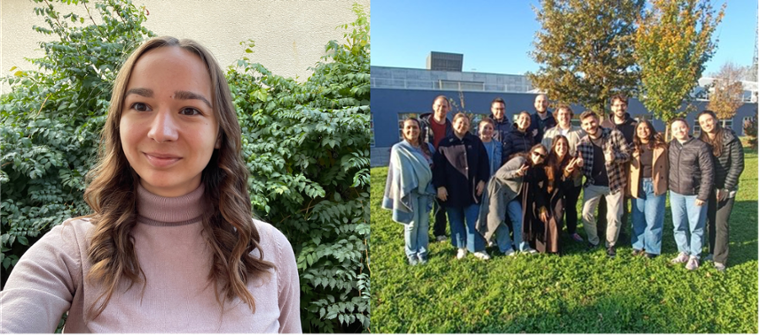On 12–13 June 2025, The Forum of European Universities Alliances took place at the University of Wrocław, in Poland, under the Polish Presidency of the Council of the European Union.
In her opening address, Pia Ahrenkilde Hansen, Director-General for Education, Youth, Sport, and Culture at the European Commission, emphasised that universities are spaces for free exchange of ideas, and that Europe must keep nurturing talent and giving researchers room to experiment. She called on alliances to accelerate integration across institutions, deepen ties with local ecosystems and industry, and continue leading in education and innovation. Hansen also unveiled the roadmap for a European Degree and two calls for proposals designed to adapt programmes and launch a European Policy Lab.
Throughout the Forum, speakers recognised the progress alliances have made and pointed to key challenges they are facing. One of the main concerns was the need for sustainable, long-term funding to support both education and research.
Alliances are well placed to support the EU's Union of Skills through joint programmes, modular learning, and upskilling opportunities. Micro-credentials were identified as a promising tool, but national-level alignment, recognition, and support will be critical to fully unlock their potential. Developing lifelong learning remains a shared goal, but one that demands significant adaptation of institutional structures.
The future of the European Degree was another focus. While momentum is growing, many participants called for clearer communication and broader engagement across institutions. For the Degree to have real impact, it must reflect meaningful academic integration—not simply serve as a label.
Student engagement has been central to the Initiative from the start, but maintaining consistent participations remains a challenge. Alliances were encouraged to reinforce inclusive and sustainable governance mechanisms to keep student voices at the centre.
Furthermore, research and innovation are becoming more integrated into alliances’ strategies. Several speakers underlined the importance of supporting early-career researchers and developing funding systems that allow for better coordination between research and education. Stronger collaboration with external stakeholders was also identified as essential to increase relevance and societal impact.
The final session of the Forum focused on how alliances could be a role-model for systemic transformation across the higher education landscape. During this panel, EUTOPIA Secretary-General Mattia Bellotti, showcased practical steps EUTOPIA has already taken:
- an alliance-wide inclusion framework and action plan
- new recognition tools—the EUTOPIA Label and flexible micro-credentials—that validate joint curriculum components
- a global partnership framework now guiding collaboration with institutions on every continent
He argued that predictable, adaptable funding and platforms for sharing knowledge, such as the FOREU4ALL Community of Practice, will help alliances evolve into true role-models for systemic transformation.
The Forum ended with a shared message: alliances are delivering, but their long-term impact depends on turning short-term projects into structural pillars that will help shape the future of European Higher Education.

